The First Presidential Debate: Who Was The Winner?
Clinton waves to the crowd as the two are introduced before Monday Night’s debate.
October 2, 2016
On Monday night, presidential nominees Hillary Clinton and Donald Trump took to the stage in the first presidential debate of 2016, moderated by journalist Lester Holt. The candidates had 90 minutes to take the first step in recruiting undecided voters, and in this respect, Hillary Clinton won Monday’s debate.
The debate started with a strong and surprisingly tame showing by both candidates. Clinton reiterated her plan to overhaul the tax system in a bid to create a growing middle class and lower income inequality, as well as touching upon raising the minimum wage, debt-free college, and closing the wage gap.
Trump repeated his proposal to incentivize American companies to bring jobs back to the United States, by re-negotiating trade deals. He also stressed China’s negative effect on the U.S. economy. He also proposed a system similar to trickle-down economics, stating, “Under my plan I will be reducing taxes tremendously from thirty five percent to fifteen percent for companies, small and big businesses.”
Essentially from this point on, the debate took a sharp decline in terms of quality and performance on both sides, but Trump seemed to struggle the most. Clinton battered Trump, evoking emotion by referencing the nine million who lost their job during the recession of 2008.
Clinton went on to correctly claim that Trump’s tax plan would see the deficit skyrocket, and bashed him for calling climate change a Chinese “hoax” in 2012 and 2015. In an attempt to respond, Trump incorrectly claimed that American oil production was down, even though it has been steadily increasing under Obama.
As Trump floundered under Clinton’s barrage of attacks, he managed to make a somewhat redeeming point, questioning why, if Clinton has always cared so much about American jobs, she did not take action sooner during her “30 years” as a politician?
While Clinton countered this and its accompanying attack on NAFTA with ease (and indeed, the nonpartisan Congressional Research service concluded that the deal had little impact on the U.S. economy), the remark still stood out as jarring and thought-provoking.
However, Trump continued to tank after this, accusing Clinton of having “no plan”, while she clearly does have a detailed proposal for fixing the economy. Clinton had strong attacks on Trump’s failure to produce a plan to fight ISIS and his lowering of taxes on the wealthy, likening it again to the Bush administration’s system that she blames for the massive recession of 2008-2010.
Trump launched a weak and unsupported rant about our economy’s “bubble”, before the debate turned towards Trump’s failure to release his tax returns, a precedent set by presidential hopefuls for decades. Trump successfully dodged this topic, saying he’d release them as soon as Clinton released her 30,000 deleted emails that have been the source of her major email scandal during the past few months.
However, as Hillary delved further into Trump’s tax returns, speculating that he may be hiding something or not paying federal income tax (to which Trump replied, “That makes me smart”), Trump effectively dropped the topic that has caused Clinton the most distress during her campaign: her private email server.
Trump’s opportunity to win the debate was deeply rooted in referencing Clinton’s numerous scandals. She is a flawed candidate, and if Trump could manage to inspire distrust in the Democratic nominee, the results may have been different. However, Trump did not once mention the events in Benghazi or questionable business dealing with the Clinton Foundation, and brought up her emails only twice, for passing moments.
If this was an attempt to act more presidential, Trump did a good job in this respect; however, he was not fully prepared for the debate and did not stand a chance at beating Clinton on policy issues. Therefore, the only way he could have won the debate is if he took her history of scandals and examined each. While it is true that most of these scandals have been put to rest, and are frankly tired lines of attack, they have proven lucrative in convincing hesitant conservatives that Trump is better than electing Clinton, suggesting that they may have the same impact on undecided voters.
With Trump’s chance to corner her in the rearview mirror, Clinton gave strong responses to questions about foreign military action and domestic security, while Trump had seriously sporadic answers. For example, in one answer, he jumped from his endorsements in the military to border security, then addressing the DNC hacks last summer, then finally confirmed that he thinks cybersecurity is “very, very tough” and that the current government is not taking enough action against it- a vague answer that did not come close to Clinton’s stern statement on how she would end cyberattacks.
The only policies that he clearly addressed were his previously discussed economic plan and his ideas about racial tensions, in which he painted inner cities to be a living hell and said more aggressive policing would help keep communities safe. Trump’s take on racial tensions stood in stark contrast to one of Clinton’s shining moments, when she discussed the racial divide in the United States.
Clinton acknowledged institutional racism and called for better police training on using lethal force appropriately. She said communities should be united in the goal to end violence, hoping to close the divide between law enforcement and citizens. Clinton concluded, “…we have to restore trust, we have to work with the police, we have to make sure they respect the communities and the communities respect them and we have to tackle the plague of gun violence which is a big contributor to a lot of the problems that we are seeing today.”
The rest of the debate continued in this pattern. Trump became increasingly incoherent as the night wore on, contrasting Clinton’s factual and clear answers with muddled and sometimes rambling statements. He did, however, have some notable moments that further cemented his loss, including: Implying that gun-toting gangs are mostly composed of illegal immigrants, advocating for the reinstatement of unconstitutional stop-and-frisk policies, suggesting the United States break international law established by the Geneva Conventions by “taking the oil” out of Libya and Iraq upon leaving those countries.
In short, Trump was the decisive loser of Monday’s debate. While his policies may have been clear at the beginning, he began to crack under the pressure of battling Clinton’s impressive performance. Not only did he lose to Clinton on the issues, Trump also missed ample opportunity to inspire distrust in Clinton, which could have been a valuable step in recruiting undecided voters in swing states.
Not everyone at Hingham High agreed with my verdict. Sophomore Ryan Simpson believed that Trump was unfairly targeted by both Clinton and moderator Lester Holt, and that he had “real solutions on issues that had to do with Nuclear weapons, shootings, and police.”
Simpson was against Clinton after the first debate, citing her past scandals and justifying his support of Trump by explaining, “Now I just want to say that in history class we are told that we learn history to avoid mistakes of the past. Think we should look at both candidate’s pasts to see what mistakes we could potentially avoid if we go back and look at their accomplishments and mistakes.”
Still other students got very little from the debates. Junior Michael Hill was disenchanted with the entire debate, saying, “…I think this debate is like two children fighting on a playground.”
Senior Kyle Thorne echoed this sentiment, stating, “I found the debate to be very little help on seeing how the candidates felt about most of the topics. They spent most of the time bashing each other and promoting themselves rather than focusing on the issues.”
As of Friday, September 30th, a Morning Consult poll had Clinton 3 points above Trump. Echelon Insights had her leading by 5 points, and an NBC/WSJ poll found her up 6. However, a Los Angeles Times poll published on the 29th had Clinton at 42.9% and Trump leading with 46.7%. The next debate is scheduled for Sunday, October 9 and will be moderated by Martha Raddatz.
Disclaimer: As suggested by the title, this article is merely my opinion. I attempted to stay as politically neutral as possible in the writing of this article but find it necessary to disclose the fact that I am a moderate democrat who supports Hillary Clinton in this election. I did my best to judge this event objectively.


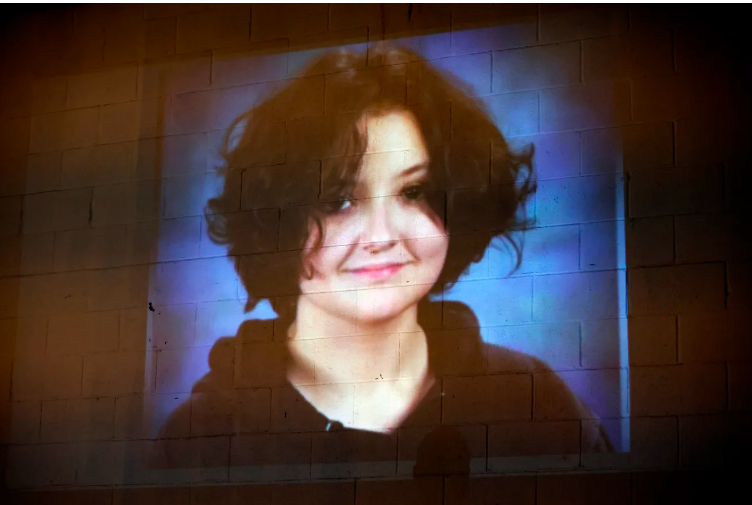
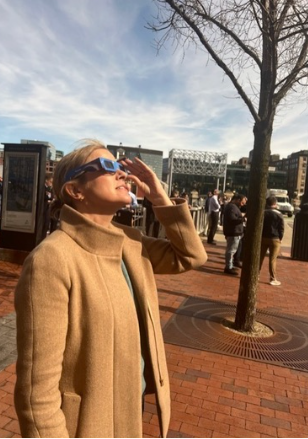


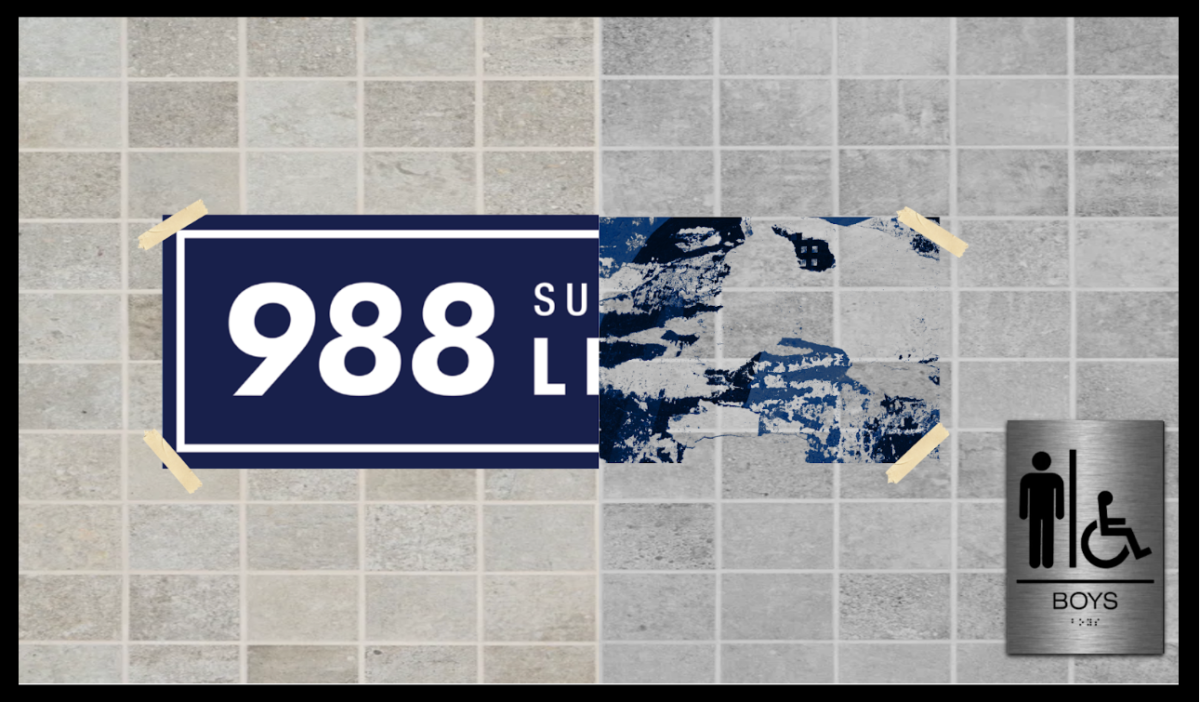


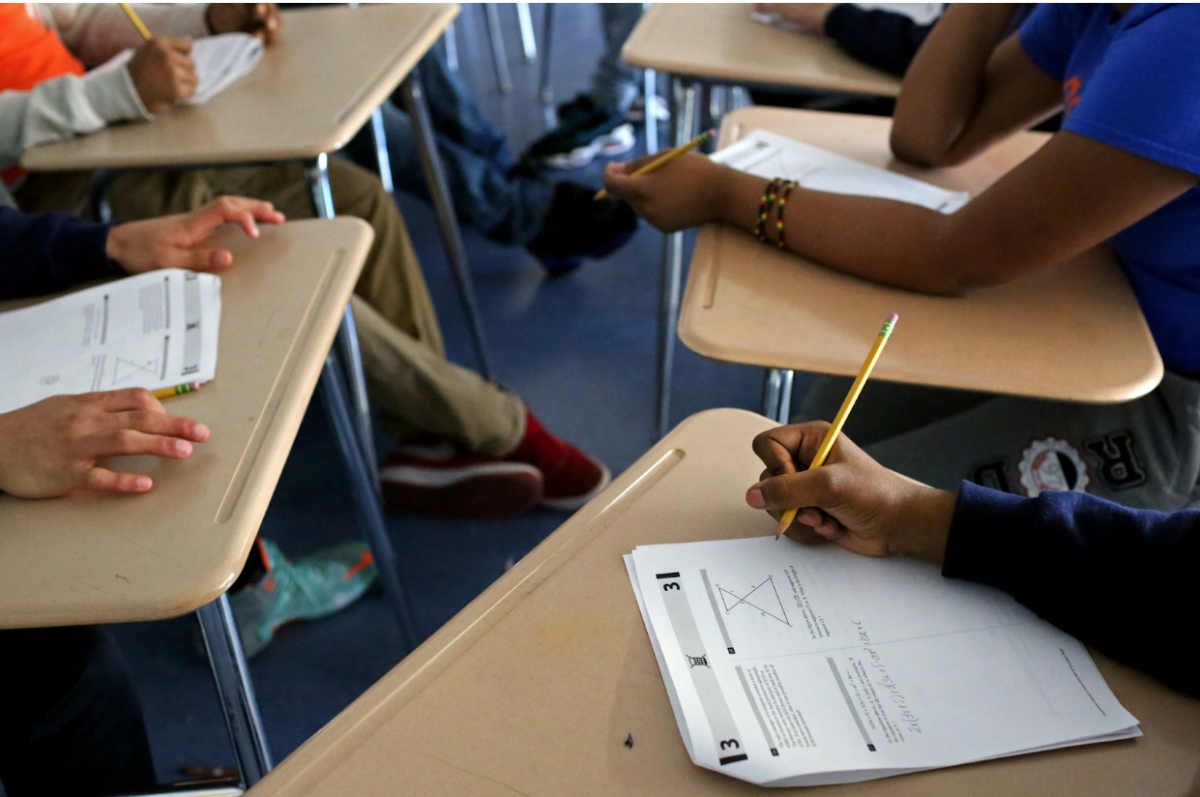
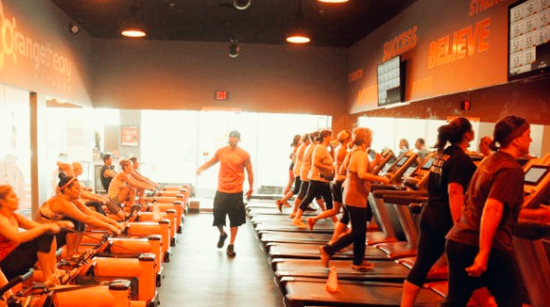

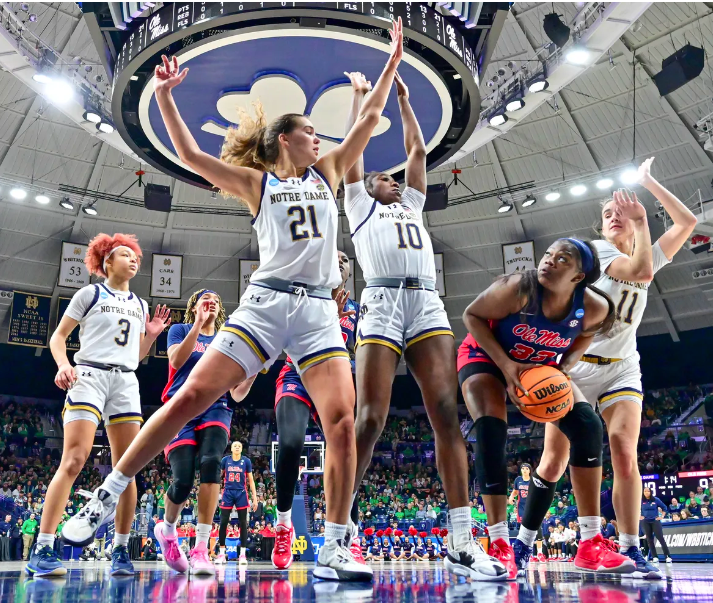



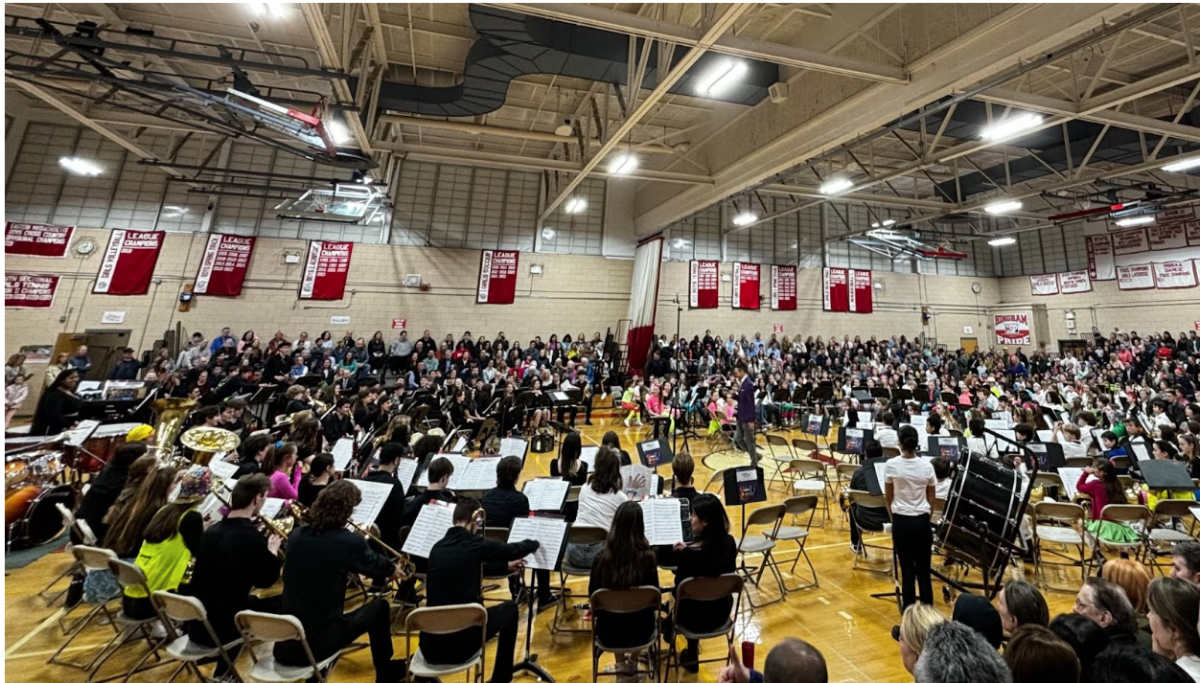
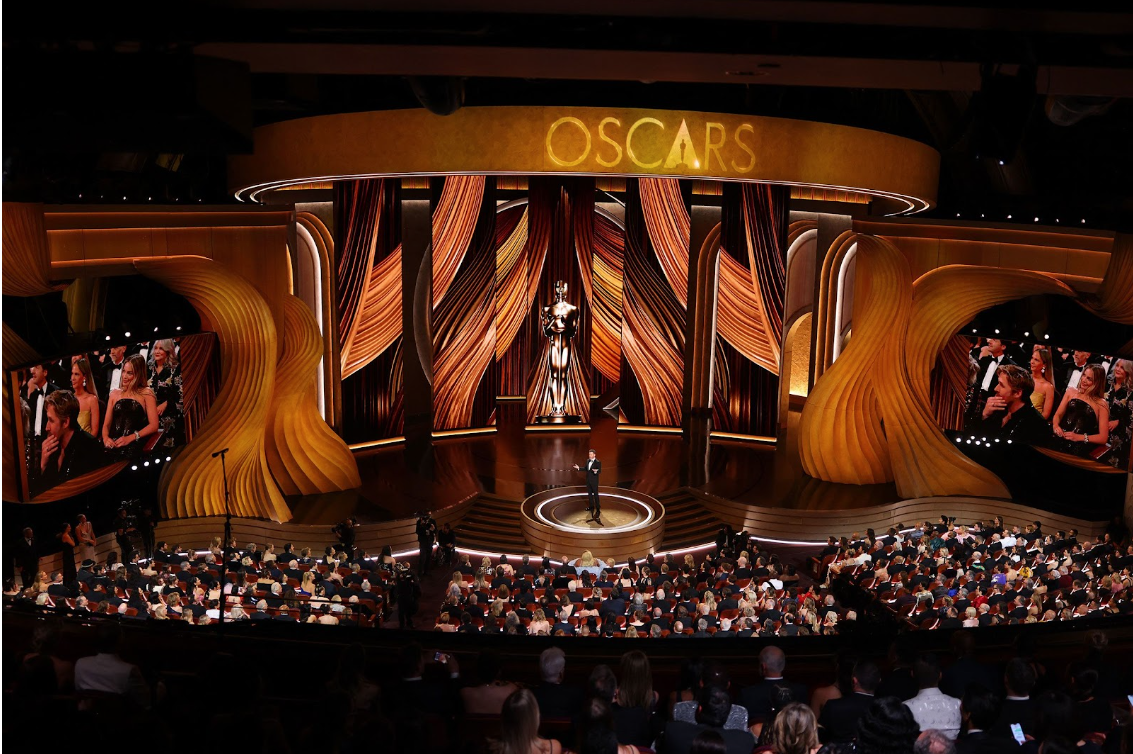

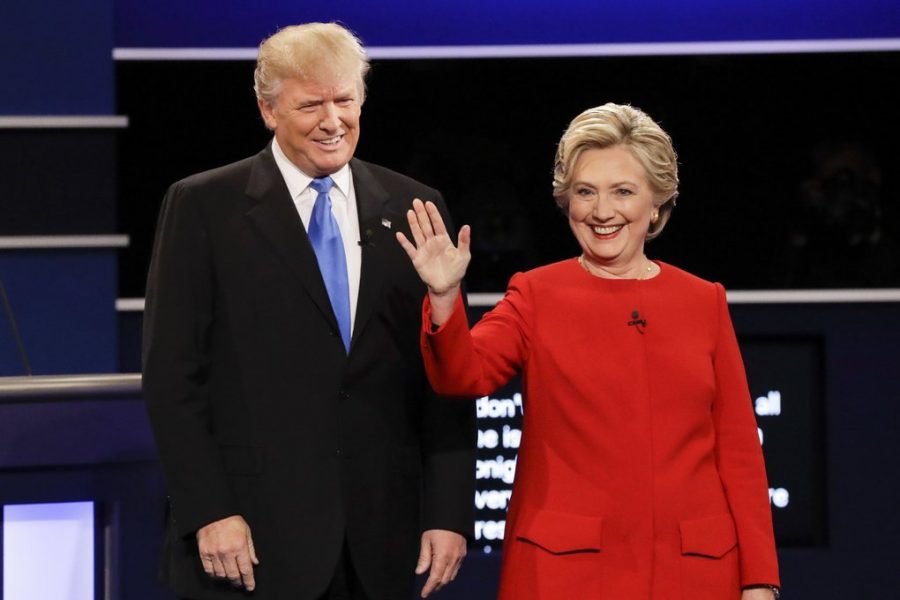



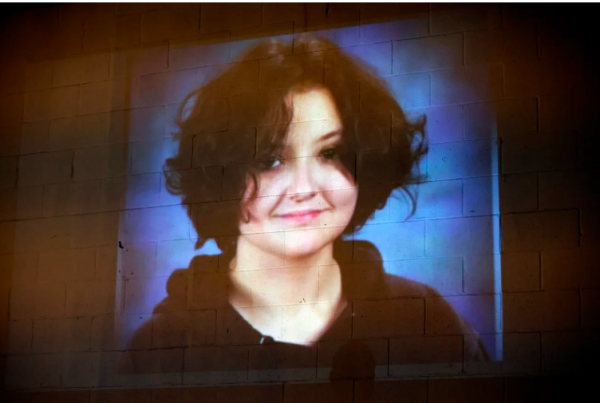






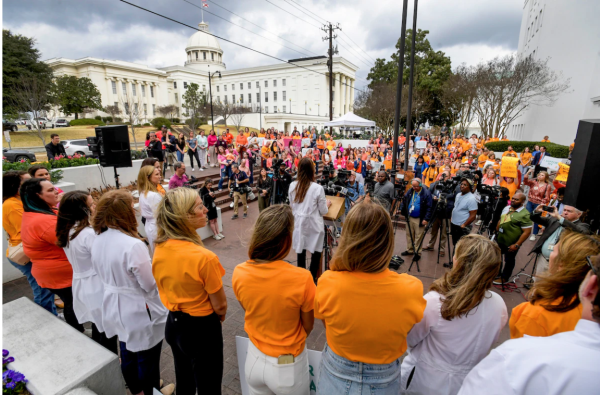
Will Sutton (author) • Oct 4, 2016 at 9:11 pm
Update: the latest CNN/ORC poll has Clinton up 47% to 42%